3rd Molar Post-Op
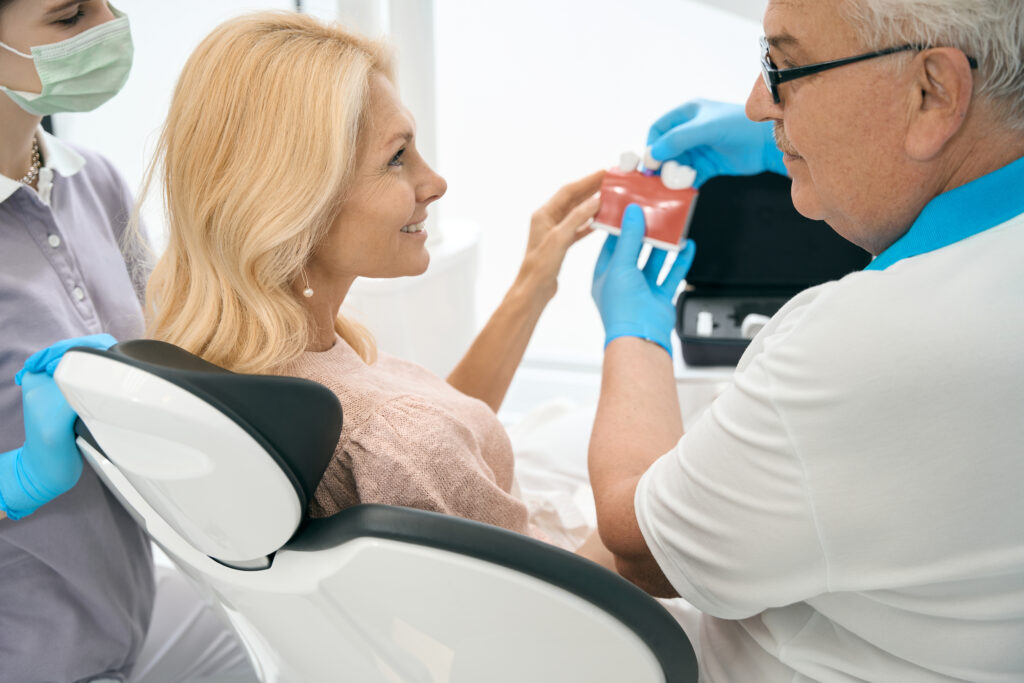
Dry Socket
If a dry socket occurs (loss of blood clot from socket) there is constant pain that may radiate to other areas including ear, jaw, and teeth. Symptoms of a dry socket do not occur until the 3rd to 4th day after the procedure. If you do not have improvement during the first few days following the procedure, call the office. A medicated dressing may be placed or a medicated syringe may be given if the medications taken by mouth do not resolve the discomfort.
To help prevent a dry socket avoid vigorous rinsing, sucking on the wound, spitting, using a straw, smoking, and exercising for 2-3 days after procedure. You may gently rinse your mouth with a diluted mouth rinse of your choice after one day.

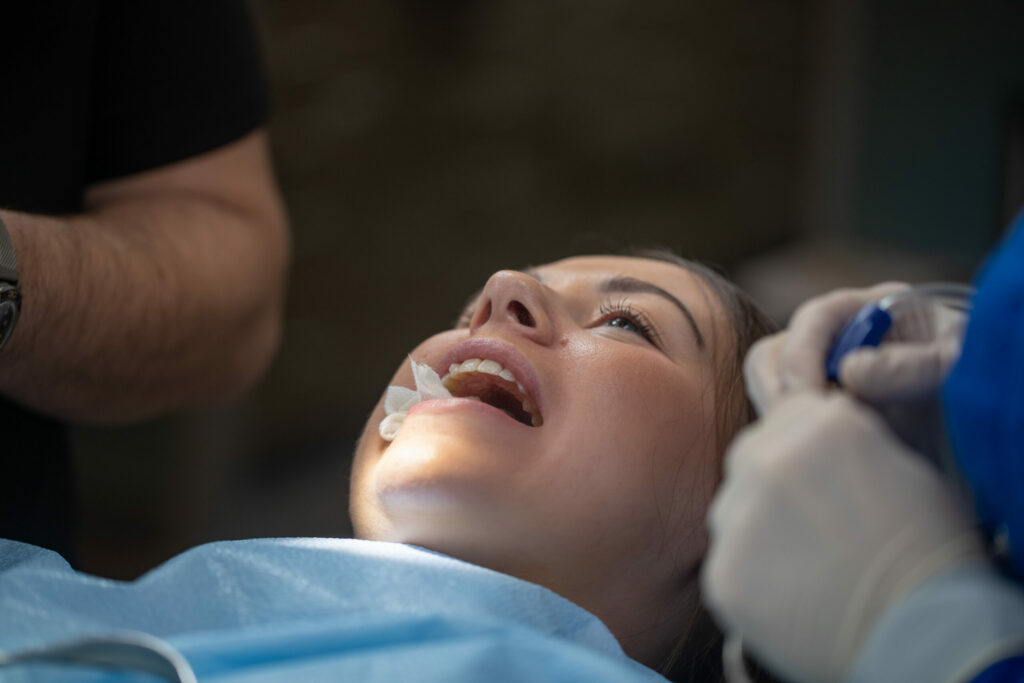
Bleeding
Bleeding after surgery may continue for several hours. The best way to stop bleeding is to fold 2 pieces of damp gauze over the extraction site and gently bite for 30-60 minutes making sure pressure is being applied to the extraction site. Rest quietly with your head elevated. If bleeding continues, use gauze for an additional 30 minutes. Bleeding should always be evaluated by looking directly at the surgical site. Pink or blood-tinged saliva may be seen for 2-3 days following the surgery and does not indicate a problem.
Swelling
Swelling is the body’s normal reaction to surgery and healing. The swelling will not become apparent until the day following surgery and will not reach it peak for 2-3 days. After this time, the swelling should decrease but may persist for 7-10 days.
Swelling may be minimized by the immediate use of ice packs. Apply the ice packs to the outside of the face 20 minutes on and then 20 minutes off while awake for the first 24 hours. After 48 hours, begin use of a warm, moist compress to the cheek.
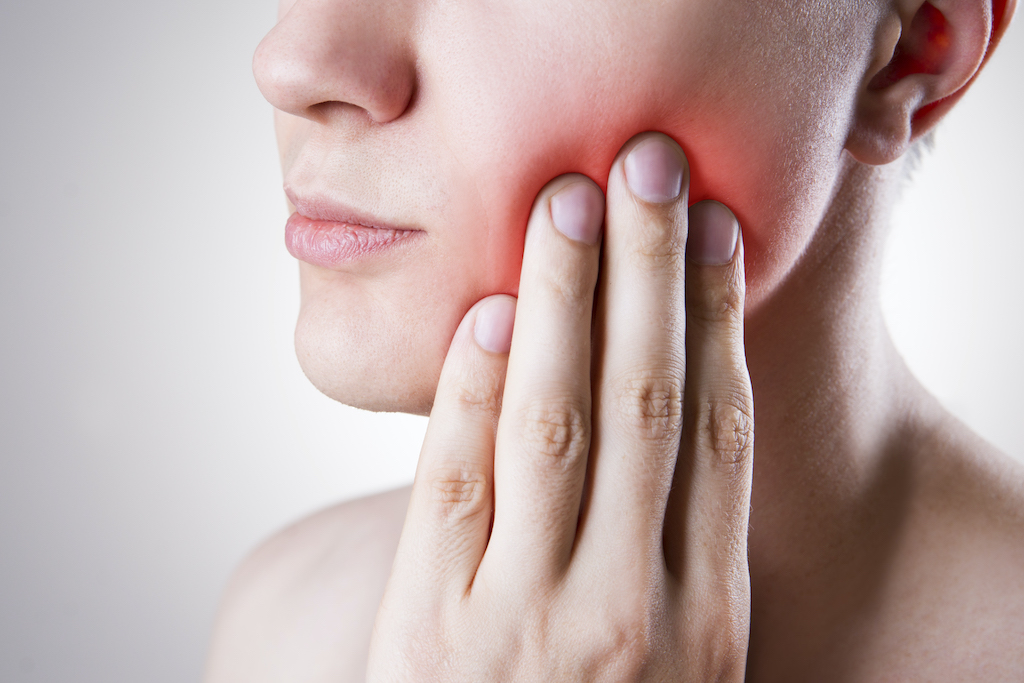
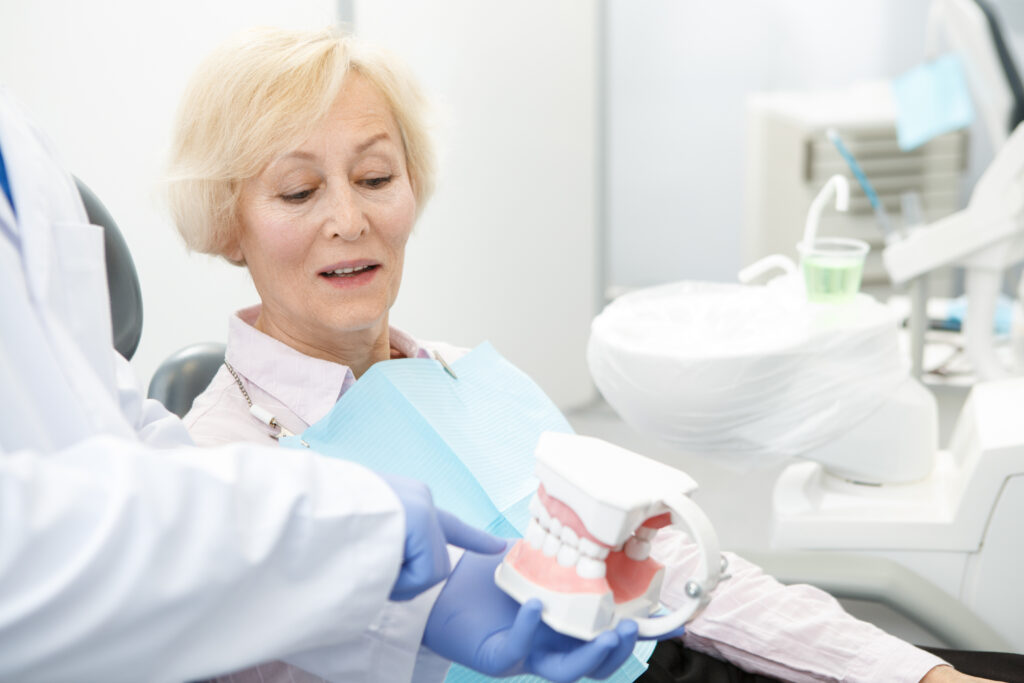
Pain
Unfortunately, most oral surgery is accompanied by some degree of discomfort. If you do not have an allergy to non-steroidal anti-inflammatory medications like Ibuprofen (Motrin, Advil) we recommend taking this prior to the local anesthetic wearing off. More severe pain may require a narcotic pain medication. Take the narcotic medication and 400mg (2 tablets / 200mg each) of Ibuprofen together every 4-6 hours as needed for pain. While taking a narcotic pain medication you may not drive or operate mechanical machinery. The prescribed pain medication will make you drowsy. Once you feel like you can stop the narcotic, use Ibuprofen and Tylenol together as needed. All medication should NOT exceed the recommended dosage.
Discomfort should subside daily. If not, please call our office.
Antibiotics
If an antibiotic is prescribed, take as directed and until it is gone. Antibiotics help prevent infection. Make sure to call the office if a rash or other unfavorable reactions occur.
Oral Hygiene
The best way to prevent infection and ensure healing is to keep your mouth clean. Clean your mouth thoroughly after each meal beginning the day after surgery. Use a soft bristle toothbrush and toothpaste after meals and at bedtime. Should bleeding resume after brushing, repeat the use of gauze as described above. DO NOT rinse your mouth the day of surgery. Begin using the water syringe on day 5 to flush out debris that has gathered in the extraction socket(s). The syringe should be used after eating. You should discontinue using the syringe when you no longer get debris out of the socket after it is flushed.
Activity
For the first 48 hours, you should rest and relax with no physical activity. After 48 hours, resume activity as tolerated.
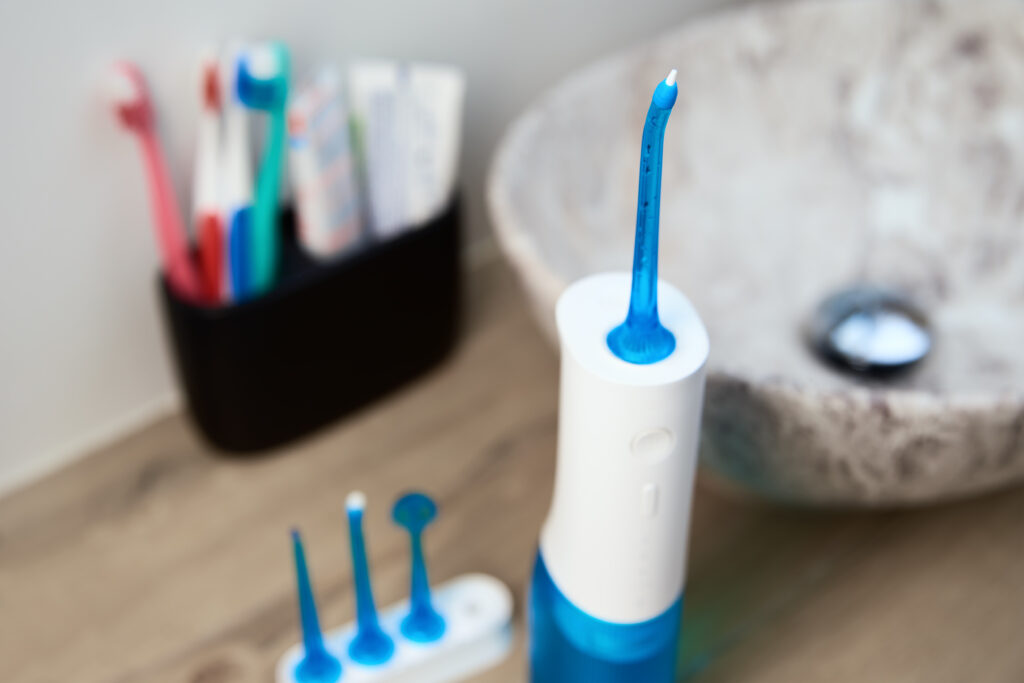

Diet
After general anesthetic or I.V. sedation, start with liquids. While numb, patients should avoid hot liquids or foods. Patients may have applesauce, pudding, or Jell-O. Once numbness wear off patients can progress to solid foods, chewing away from the surgical sites. Patients should avoid foods like nuts, sunflower seeds, popcorn, etc., which may get lodged in the socket areas.
Fainting Precaution: If you suddenly sit or stand from a lying position, you may become dizzy, especially if you haven’t eaten or had fluids. Therefore, immediately following surgery, if you are lying down, make sure to sit for at least on full minute before standing.
Foods to Drink and Eat While Numb
Drink:
-
- Water
- Juice
- Ice Chips
- Popsicles
Eat:
- Applesauce
- Jell-O
- Pudding
- Yogurt
- Milkshake (no straw)
Soft Foods When Numbness is Gone:
-
- Mashed Potatoes
- Pasta
- Eggs
- Pancakes
- Creamed Cereals
- Soups (not to hot)
Healing
Bad breath is common and will disappear as healing occurs. Two to three days following surgery, white, possibly hard tissue may be seen in the surgical site. This signifies normal, healing tissue. Complete healing of the extraction site may take 6-8 weeks.
Suture/Stitches
Sutures will resorb or fall out on their own. It is normal for a suture to come out on the day of surgery. If bleeding occurs because the sutures have fallen out, bite on gauze to apply pressure as described above.
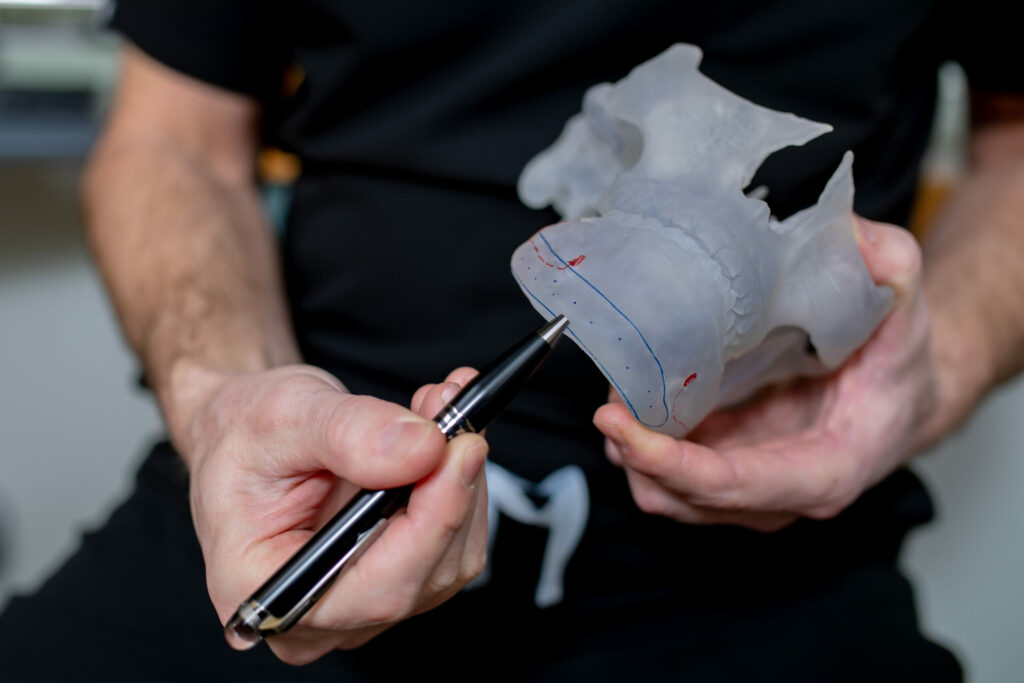
Get to know us.
At South Bend Oral Surgery Partners, we know how to help you. Our board-certified surgeon and expert staff can provide the care you need to relieve the discomfort you feel.
